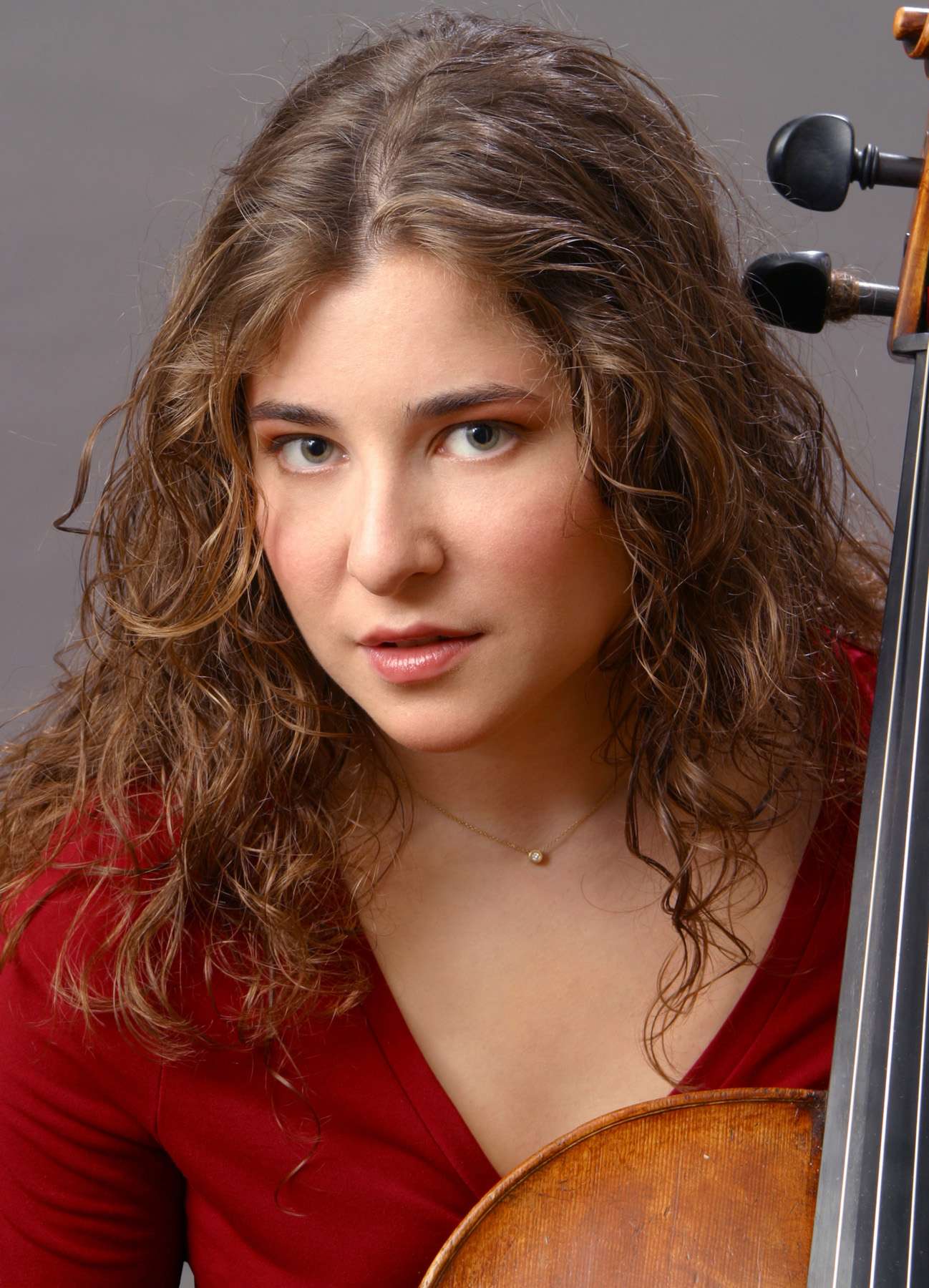|
Back
A Grand Finale Houston
Jones Hall
05/19/2011 - and May 21*, 22, 2011
Antonin Dvorák: Cello Concerto in B Minor, Op. 104
Sergei Rachmaninoff: Symphony No. 2 in E Minor, Op. 27
Alisa Weilerstein (cello)
Houston Symphony, Hans Graf (conductor) 
A. Weilerstein (© Christian Steiner)
The stars were wonderfully aligned for the Houston Symphony's 2010-11 season finale. Two late-Romantic masterworks, a superlative soloist and music director Hans Graf directing with full-blooded passion combined to punctuate the orchestra's year with a definitive exclamation point.
Dvorák's formidable concerto was brilliantly played by Alisa Weilerstein, easily one of the finest cellists on the scene today. Some performances promise memorability from the downbeat, and this was one of them. Throughout the opening movement's orchestral exposition, Weilerstein was clearly "in" the music - focused, gently moving and reacting with minute facial expressions to the glorious sounds coming from the orchestra. Clarinet and horn laid the foundation for a reading that had every degree of lyricism, power and poetry, and the soloist's entry was perfectly prepared. What was slightly unexpected was the purity of Weilerstein's first statement. She entered with an arrestingly huge, focused sound that immediately drew all attention to her playing. Throughout the work, she took many interpretive risks, but never put a foot wrong. She played with intelligent, distinctive musicianship, lingering on lyrical phrases almost to the point of no return, but always knowing precisely how far to push the limits. Her dynamic range seemed impossibly huge, from that arresting opening statement to the softest of softs in the same movement's second theme and throughout much of the second movement. Technical passages were dashed off with aplomb, and Weilerstein wasn't afraid to let her accompanying passages become absorbed by the orchestra. Graf and Weilerstein communicated excellently with the orchestra throughout. The climaxes were thrilling, the brass holding nothing back but always maintaining intonation and balance. This was a fantastic performance of this favorite work from all involved.
The hints of melancholy that pervade the Dvorák concerto are even more apparent in Rachmaninoff's second symphony. The work wants so badly to be a masterwork in its genre, but, even when played as well as it was, the composer's penchant for meandering note-spinning and over-reliance on one memorable melody for a work of an hour's length defeat the piece in the end. For all its grandiosity and apparent intensity, the DNA of the music simply doesn't have the dramatic potential to make it work as well as Beethoven, Tchaikovsky or Mahler. There are many lovely, impressive moments, and utmost care was taken by orchestra and conductor to coax the most out of this flawed masterpiece. The brooding atmosphere of the first movement was construed with luxuriously rich string sound, perfectly judged rubato from the podium and continued excellent playing from the brass. The rhythmic propulsion of the second movement occasionally threatened to unwind, but this perhaps made the movement even more exciting. Here Rachmaninoff achieves a Beethovenian struggle of effort form the performers, demanding utmost individual and collective virtuosity that the orchestra met head-on. The third movement again featured decadent waves of string sound and a touching clarinet solo, but here the tension in the piece really starts to unravel, no matter how beautifully it's played. Likewise in the finale, the fireworks from the brass and dashing agility of the strings and woodwinds were indeed thrilling to watch and hear, but the numerous repetitions of essentially the same gestures disappoints. If there are imperfections in the composition, there were none in its execution by the orchestra.
An enjoyable season finale, then, leaving the audience hungry for next year's offerings.
Marcus Karl Maroney
|